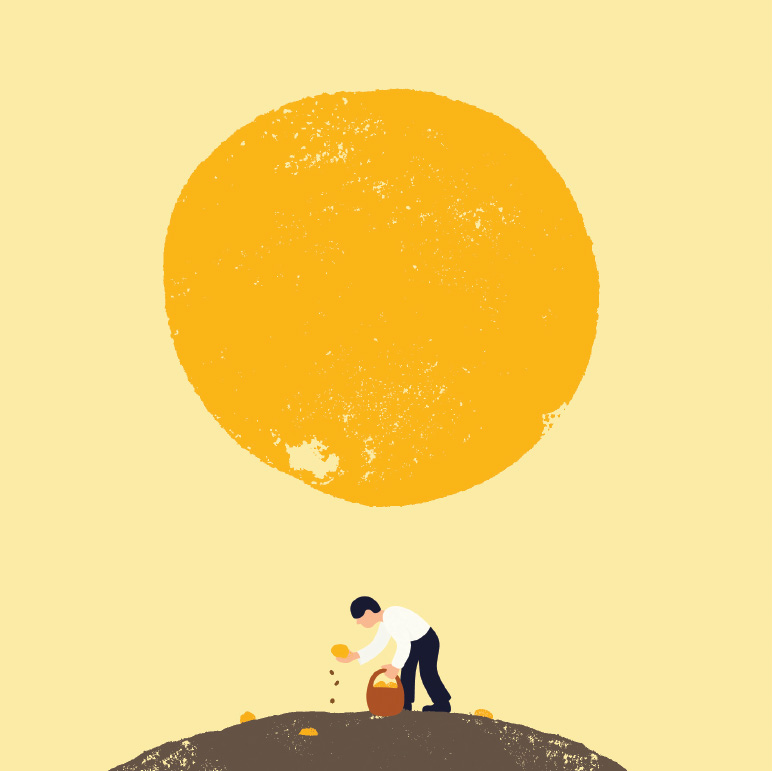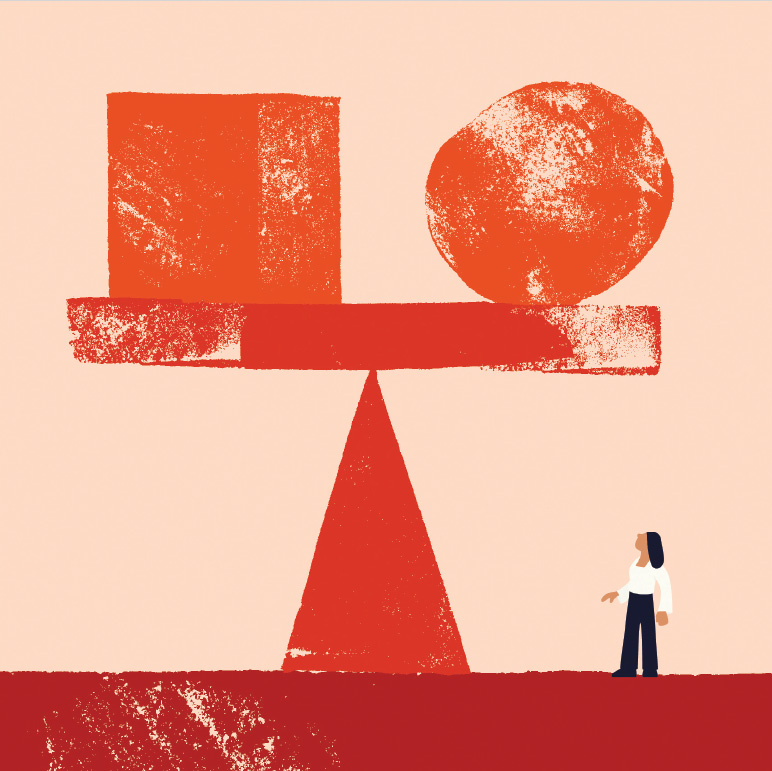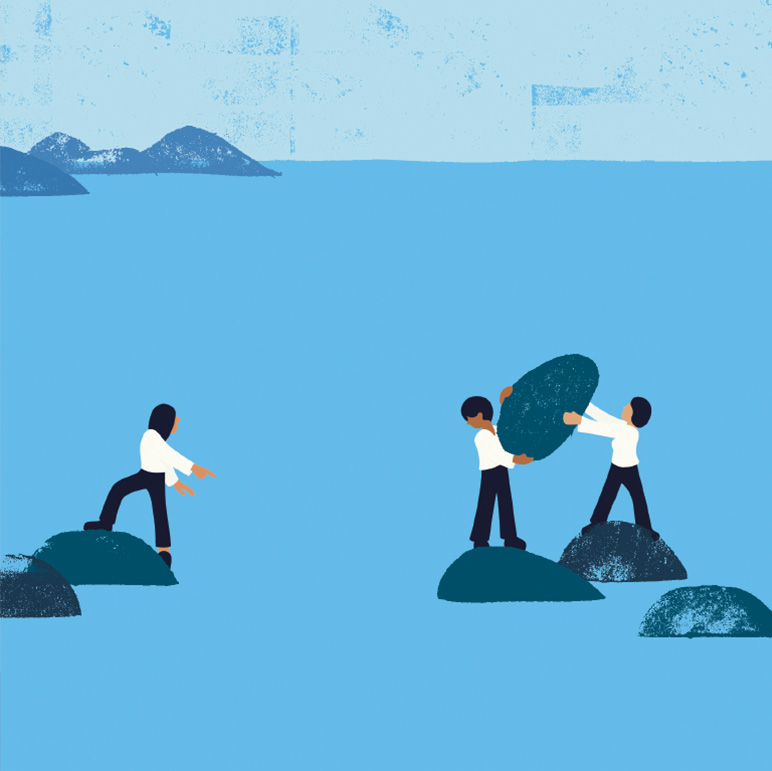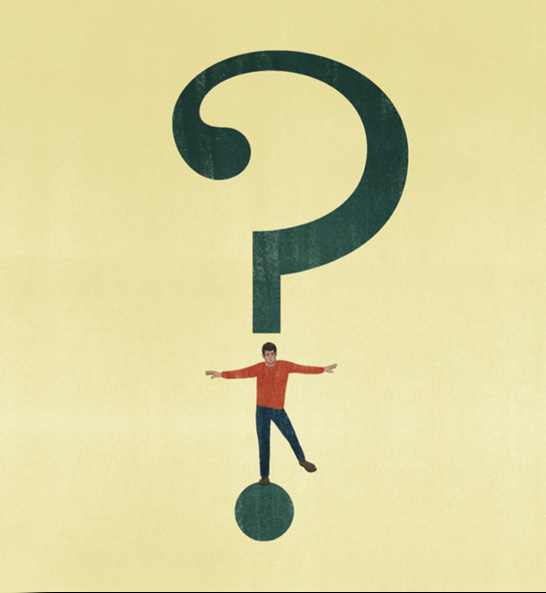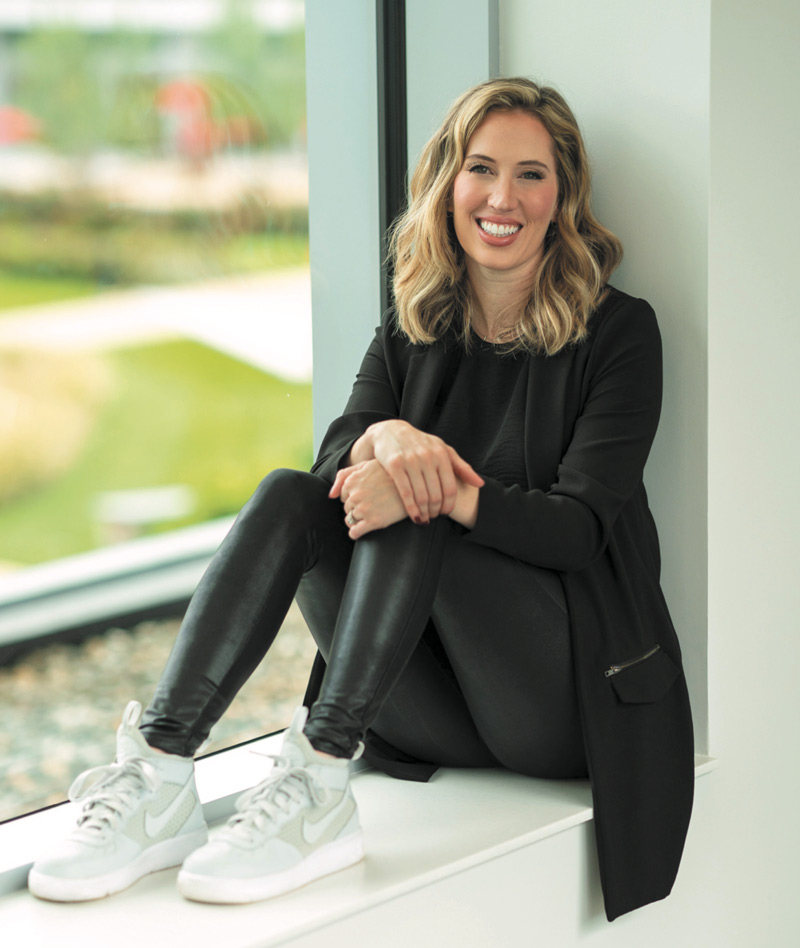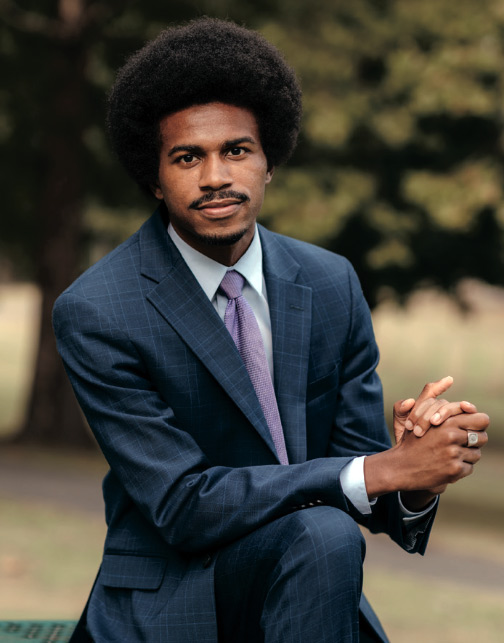Loss, Love, and Silver Linings
By Chaké Higgison ’78 for Bowdoin MagazineArtist and teacher Chaké Higgison ’78 writes about a fire that destroyed her home of thirty-five years and finding clarity, groundedness, and gratitude in what remains.
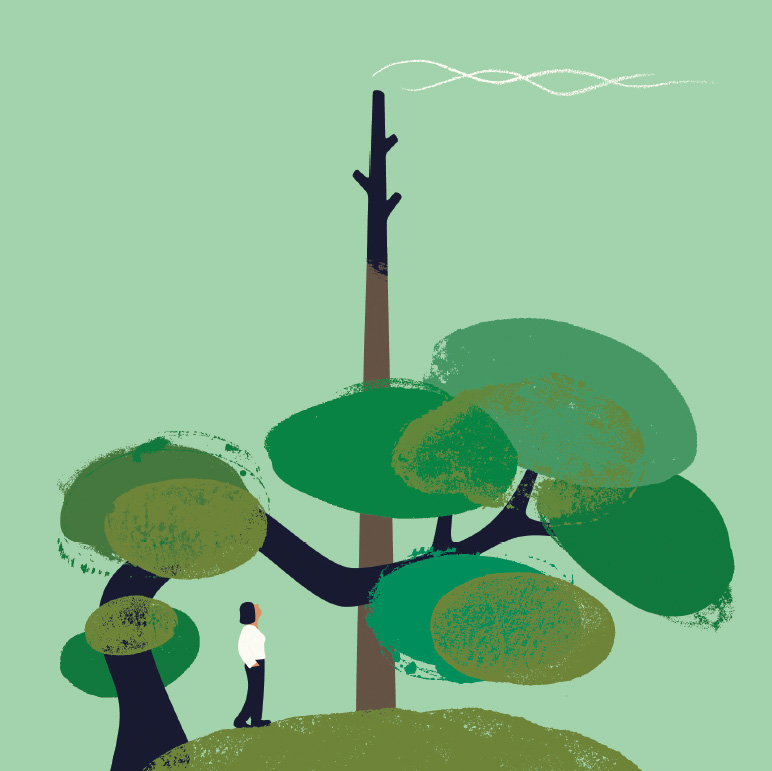
When I was asked to share thoughts on the question of humility, as it related to a recent event in my life, I was not sure I would know how to talk about it on paper.
To share “what I know about humility” in and of itself seemed like an oxymoron. But, on reflection, I do believe some of the realities that struck me, especially freshly after the experience, and the ways my husband and I and our family have moved forward—each in our own way but also, thankfully, collectively—are perhaps worth sharing.
The recent event was a fire that destroyed our home.
My husband and I were out for a walk two days after Christmas of 2021, and a charging lithium battery overheated and sparked a massive, fast-moving fire. Within forty-five minutes from the time we left our house, the fire whipped through our home and, though the building remained standing, the house was a total loss.
I can without a doubt share that the loss of our home—the place we had lived for thirty-five years and raised our two sons, with its gorgeous field stone fireplace and wrap-around porch, filled with framed family photos and objects that held such dear memories—was a traumatic experience for our whole family. I am not glad it happened and would not wish it on anyone. But in all this we have been so fortunate.
When my husband reads this, he will not agree. He will tell you we lost everything, and on one level, we did. We also lost our two beautiful cats, a loss that haunts him each day. But he and I process the world very differently.
I am of Armenian origins, and my family’s history and the stories of their lives are my family’s truths, ones I have grown up with. My grandparents’ stories are of persistence and survival against some tough odds, and I believe thinking of my grandparents’ past journeys helped me find strengths I didn’t know I had.
I can’t imagine how terrible the loss would have been if we had lost our house to fire without insurance, or how devastating the loss would have been had we lived in a community like those out West where wildfires regularly destroy whole neighborhoods. Nor can I fathom the utter despair and cruel reality that innocent victims of wars waged currently around the world are facing when their homes are bombed, leveled with lost loved ones inside, and they are homeless, without water, food, or shelter, with neither the recourse to rebuild nor a healthy community to come to their rescue.
Instead, we were “homeless” for less than a half hour, as our closest neighbor offered us shelter that first afternoon and night. And that was the start of an outpouring of love and of tangible tokens of support both small and grand from family, friends, colleagues, and even total strangers. Had my husband died or been injured in the fire, I seriously doubt I could find any silver linings in the incident, but silver linings are what I have found.
I make it sound easy as I write this next sentence, but it was not. It was glaringly obvious to me from the first sight of thick black smoke pouring out of our second-floor bedroom window that I was going to need to do some serious letting go.
I reluctantly and slowly accepted the reality of the death of our home. The interior was a charred mess of tangled objects that had fallen and collapsed on others. Acrid fumes filled my nostrils days later, when I was finally allowed into the house, wearing a hazmat suit and face mask. It looked like a movie set. Ninety-nine percent of our possessions in the house were destroyed, and things that remained and were partially burned I had no tolerance for holding onto. I was in a purging mode. We filled a full dumpster with the remains—melted full storage totes, burnt furnishings, and things that kind of survived, but not really.
When you are not used to needing help, it can be awkward to accept it, but I knew we were down and out, and I remember feeling, on day one, that we were going to need all the help we could get. I told my husband, “We are just going to say ‘yes’ to everything.” We did, and in the end it was not awkward. Accepting help is what kept us afloat. (The only thing we turned down was a GoFundMe campaign that more than one person wanted to start for us because we were quite confident that between insurance and, if need be, our family, we would be able to get through.) The outpourings we had never anticipated gave us such a renewed faith in the ultimate goodness of humanity. We felt deeply the love and support of our herd of humans.
I was raised Catholic, and what the priest would say as he would form a cross of ashes on our forehead on Ash Wednesday was, “Ashes to ashes, dust to dust; remember that you are dust, and to dust you shall return,” kept playing like a broken, scratched record in my head (admittedly, it quickly got mixed in my mind with David Bowie in a Pierrot outfit, singing “Ashes to ashes, funk to funky,” I kid you not!).
But the question I kept hearing clearly in my head was and still is, “What remains?” Are we all ultimately just returning to dust? What defines us? When we peel away our “stuff” and are left naked to the world, who are we? Did my possessions define me? Was I, were we, my husband and I, enough as we were, to move forward.
One definition of humility refers to the word humble, and the origins of humble are to be low, to be of this earth. I take it literally to mean to be grounded in what really matters.
I prefer to think that the universe gives gifts. If we can somehow figure out how to accept them, these random gifts can teach us things, and in our case can be freeing, cleansing, and even liberating.
As time has gone on, I admit that the clarity of that grounding has been fading. During those first months, as painful as it was, I started to embrace the new reality as almost a gift. I would not say it was a “blessing,” as I have always felt that if there are blessings, then there are curses, and I did not feel our fire was a curse. I prefer to think that the universe gives gifts. If we can somehow figure out how to accept them, these random gifts can teach us things, and in our case, can be freeing, cleansing, and even liberating.
I am a teacher, and I have been teaching cause and effect, and about Rube Goldberg machines, to my young art students recently. Goldberg’s contraptions were complex machines that ultimately accomplished a very simple task. I show them this to illustrate how the push of one object can have profound effects on another. This darn fire has had profound disruptive effects on our lives. In no way have I found it easy, but I have found a new respect for looking at my world from a different lens.
People say, “shit happens,” but the “shit” is life. It’s often out of our control and, if we let the universe in—the “shit” and the pain and the mess—I think there can be much to embrace, much to be humbled and also grounded by.
I am so very grateful that as I write this, two years after the fire, that our life is moving forward and we are in the process of renovating our barn and—with the fortuitous gift of an architect friend—have been creating a greener, smarter, easier home to grow older in together.
In other words, we are hoping that we can be the phoenix rising from the ashes, coming out of this still grounded but rising and embracing what really matters in our lives—the love that remains.
This is one in a series of four essays about humility, published in Bowdoin Magazine.
Chaké Kavookjian Higgison ’78 is a painter, clothing designer, and art teacher who founded the Bowdoin Summer Art Camp. She and her artist husband, Peyton Higgison, have been finding a way to make a new life for themselves in the spot where they have lived and painted for more than thirty-five years.
Francesco Ciccolella is an illustrator, graphic artist, and visual storyteller based in Vienna, Austria. His work has been featured in many publications, including The New York Times and The New Yorker. See more of his art at francescociccolella.com.
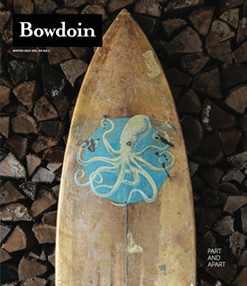
This story first appeared in the Winter 2024 issue of Bowdoin Magazine. Manage your subscription and see other stories from the magazine on the Bowdoin Magazine website.
